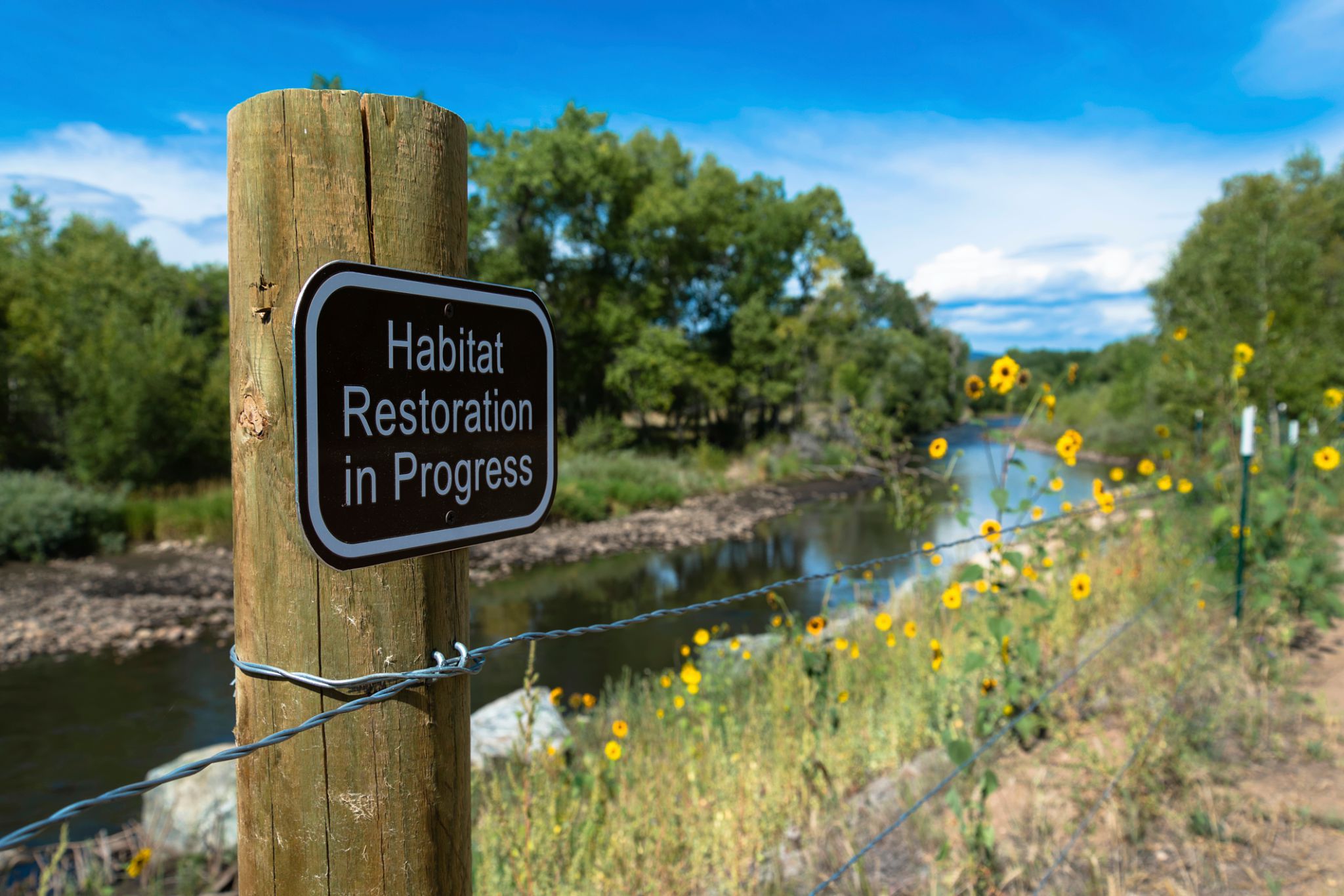Orleans Wildlife Management: Expert Tips and Local Insights
Understanding the Orleans Wildlife Ecosystem
Orleans is a haven for a diverse array of wildlife, thanks to its rich ecosystems and varied landscapes. From the lush wetlands to the dense forests, this region supports a wide range of species. Understanding these ecosystems is crucial for effective wildlife management. Each habitat plays a specific role in supporting the local fauna, whether it's the deciduous forests providing shelter or the wetlands offering abundant food sources.

Wildlife management in Orleans involves maintaining these habitats to ensure they remain conducive for species that rely on them. By preserving the natural state of these environments, we help protect the biodiversity that makes Orleans unique.
Expert Tips for Wildlife Management
1. Monitoring and Research
Effective wildlife management begins with thorough monitoring and research. Regular surveys and studies provide valuable data on species populations, health, and behaviors. This information helps experts make informed decisions about conservation strategies and habitat management.
2. Habitat Restoration
Restoring damaged habitats is another critical component of wildlife management. Whether it's reforesting areas affected by logging or rehabilitating wetlands impacted by urban development, restoration efforts help bring back vital ecosystems. This not only benefits wildlife but also enhances the overall environmental health of the region.

3. Community Involvement
Engaging the local community is essential for successful wildlife management. Educational programs and volunteer opportunities encourage residents to participate in conservation efforts, fostering a sense of stewardship over their natural surroundings. Community involvement can lead to more sustainable practices and greater awareness of local wildlife issues.
Local Insights into Orleans Wildlife
The unique climate and geography of Orleans contribute to its rich biodiversity. Local species include various birds, mammals, reptiles, and amphibians, each playing a crucial role in the ecosystem. Understanding these species' needs and behaviors helps in developing tailored management strategies that address specific challenges they face.

For instance, migratory birds rely on Orleans as a key stopover point during their journeys. Protecting these birds involves ensuring safe habitats and food availability along their migration routes. Similarly, native mammals require connected green spaces to move freely and access resources.
Challenges and Future Directions
Despite ongoing efforts, wildlife management in Orleans faces several challenges. Urban expansion, climate change, and pollution continue to threaten local ecosystems. Addressing these issues requires innovative solutions and collaboration among government agencies, conservation organizations, and the community.
Looking forward, integrating technology into wildlife management offers promising opportunities. Tools like remote sensing and data analytics can enhance monitoring capabilities and provide deeper insights into ecological trends. By embracing these technologies, Orleans can continue to preserve its natural heritage for future generations.